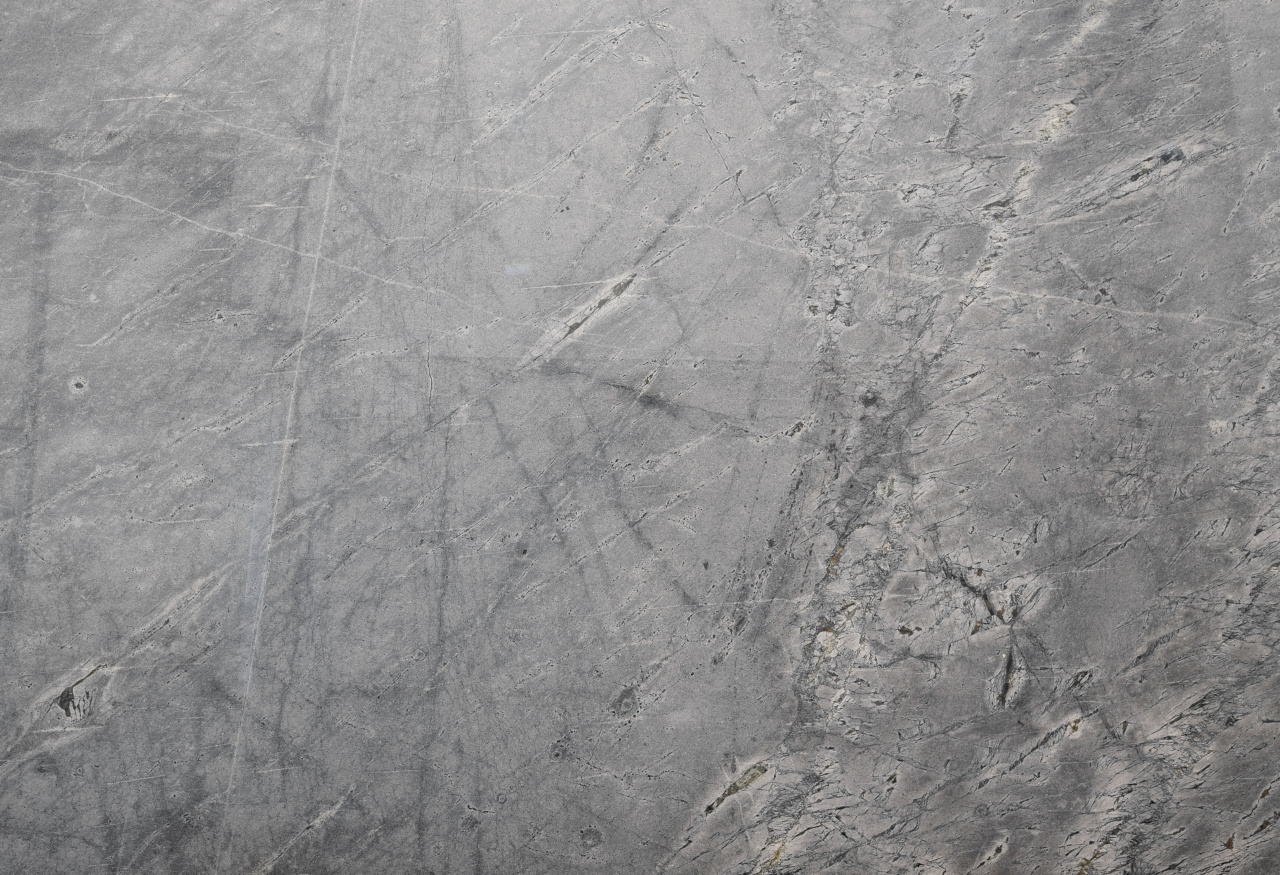Granite flooring is a popular choice for many homeowners due to its durability, aesthetic appeal, and easy maintenance. However, recent studies have raised concerns about the potential link between granite flooring and cancer.
In this article, we will explore the various factors that contribute to this concern and provide insights into how you can ensure the safety of your granite flooring.
The Composition of Granite
Granite is an igneous rock composed of various minerals such as quartz, feldspar, and mica. It is formed through the slow crystallization of magma beneath the Earth’s surface, resulting in a tightly interlocking structure.
The composition of granite can vary depending on its source, with different mineral ratios and concentrations.
Naturally Occurring Radioactive Elements
One of the primary reasons for concern regarding granite flooring and its potential link to cancer is the presence of naturally occurring radioactive elements. Granite contains varying levels of radioactive elements such as uranium, thorium, and radium.
These elements are part of the Earth’s crust and can be found in various concentrations in different types of granite.
Radiation Emissions
The radioactive elements present in granite release low levels of radiation in the form of gamma rays, alpha particles, and beta particles.
The emission of radiation from granite is a natural occurrence and is referred to as natural background radiation. It is important to note that natural background radiation is present in our environment from various sources, including the sun and other building materials.
Risk Assessment
The potential risk associated with granite flooring depends on several factors, including the type of granite, its mineral composition, and the level of radiation emissions.
While granite contains radioactive elements, the radiation levels emitted are generally considered to be low and negligible. However, continuous long-term exposure to high levels of ionizing radiation can pose health risks.
Radiation-related Health Effects
Excessive exposure to radiation, whether from granite or other sources, can potentially lead to various health effects. These effects primarily depend on the duration and intensity of exposure.
Some potential health risks include skin cancer, lung cancer, and other respiratory diseases. However, it is important to note that the risk of developing cancer from granite flooring is relatively low compared to other factors such as smoking and exposure to industrial pollutants.
Regulatory Standards and Guidelines
In order to address concerns related to the potential health risks associated with granite flooring, regulatory standards and guidelines have been established.
Organizations such as the Environmental Protection Agency (EPA) provide guidelines for acceptable levels of radiation exposure. These guidelines help ensure that the radiation emitted from granite does not exceed safe limits and pose a significant health risk to individuals.
Testing and Monitoring
If you are concerned about the potential radiation emissions from your granite flooring, it is possible to conduct tests to measure the levels of radiation present.
Certain specialized companies offer services to assess radiation levels in residential and commercial spaces. By conducting such tests, you can gain a better understanding of the radiation levels and ascertain if any necessary measures need to be taken.
Precautionary Measures
While the risk of cancer from granite flooring is generally low, some precautionary measures can be taken to minimize potential exposure. Firstly, ensure proper ventilation in your living space to reduce the concentration of any airborne particles.
Regular cleaning and dusting can help remove any loose particles from the surface of the granite. Additionally, it is advisable to maintain good indoor air quality and minimize direct contact with the granite surfaces.
Alternative Flooring Options
If you are still concerned about the potential risks associated with granite flooring and wish to explore alternative options, there are several alternatives available.
Other types of flooring materials such as ceramic, porcelain, hardwood, or vinyl offer a wide range of choices with different aesthetics and features. It is essential to consider your specific requirements and consult with flooring experts or interior designers to find a suitable alternative.
Conclusion
While there have been concerns about the potential link between granite flooring and cancer, it is important to understand that the risks associated with granite flooring are relatively low and manageable.
By following regulatory guidelines, conducting tests if necessary, and taking precautionary measures, you can ensure the safety of your granite flooring and minimize any potential health risks. It is always advisable to stay informed and consult with professionals for any specific concerns regarding your living environment.































